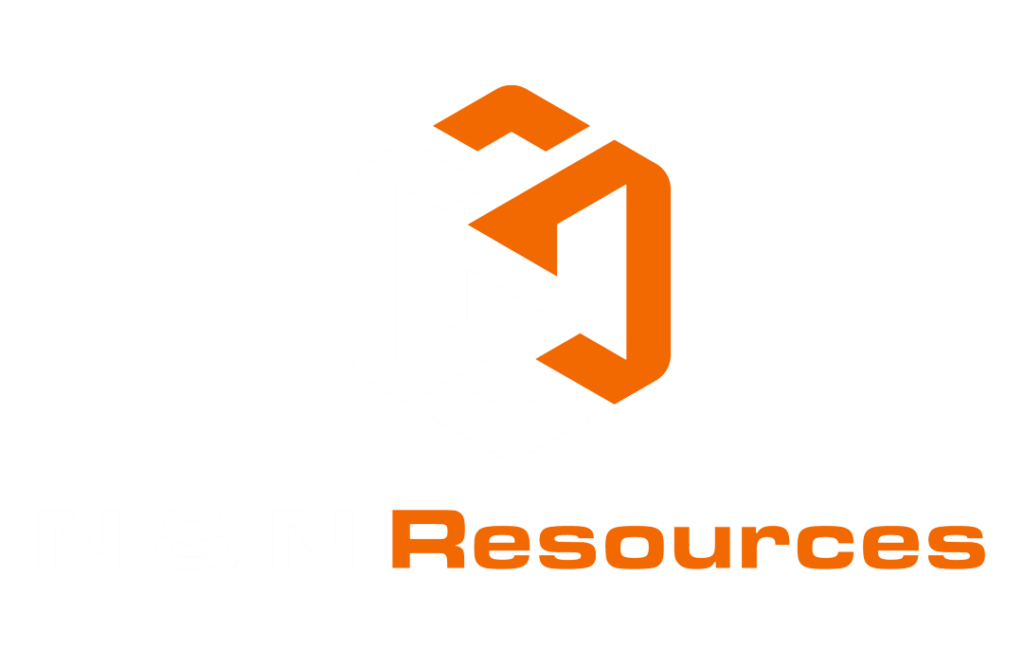The Power of Emotional Intelligence in the Workplace
In the modern workplace, success extends beyond traditional metrics of productivity and efficiency. The ability to navigate the complexities of human interactions is now recognized as a critical component of effective leadership and team dynamic. This is where Emotional Intelligence (EI) comes into play. In this blog, we’ll explore why employers should priorities EI and how fostering emotional intelligence can create a healthier, more productive work environment.
Understanding Emotional Intelligence (EI)
Emotional Intelligence is the capacity to recognize, understand, and manage one’s own emotions while also being attuned to the emotions of others. it encompasses self-awareness, self-regulation, empathy, and strong interpersonal skills. Employers who cultivate EI in themselves and their teams lay the groundwork for a positive workplace culture
Enhanced Leadership Skills
Leaders with high emotional intelligence are better equipped to navigate the challenges of leadership. They understand their own strengths and weaknesses, allowing them to make informed decisions and respond effectively to diverse situations. Moreover, emotionally intelligent leaders are adept at motivating and inspiring their teams, fostering a collaborative and engaged workforce.
Building Stronger Teams
Teams thrive when there is a foundation of trust and open communication. Employers who priorities emotional intelligence foster an environment where team members feel heard and valued. This leads to improved collaboration, increase creativity, and a shared sense of purpose among team members.
Conflict Resolution and Stress Management
Workplace conflicts are inevitable, but how they are managed can make al the difference. Employers with high EI are skilled in navigating conflicts with empathy and diplomacy. They can defuse tense situations, promote constructive dialogue, and guide their team towards resolution. Additionally, EI contributes to stress management, as emotionally intelligent leaders create a supportive environment that helps employees cope with workplace pressures.
Employee Well-being and Retention
Recognizing and responding to the emotional needs of employees contribute to a positive workplace culture. Employers who demonstrate empathy and support for their teams’ well-being are more likely to retain talented professionals. Employees appreciate leaders who care about their holistic development, leading to higher job satisfaction and more committed workforce.
